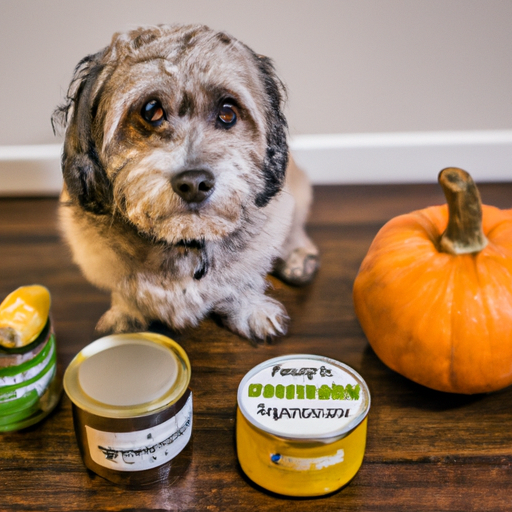As a dog owner, it’s crucial to understand the signs and symptoms of constipation in your beloved fur baby. Just like their human counterparts, small dogs can suffer from constipation, which can lead to discomfort and potential health issues if left untreated. This comprehensive guide will help you understand what causes constipation, how to recognize symptoms, and most importantly, what to give small dogs for constipation.
Table of Contents
- Understanding Canine Constipation
- Recognizing the Signs of Constipation in Small Dogs
- Causes of Constipation in Small Dogs
- Home Remedies for Constipation
- When to Seek Veterinary Help
- Frequently Asked Questions
Key Takeaways
- It’s essential to understand the signs of canine constipation to provide timely help.
- Diet and hydration play a crucial role in preventing constipation.
- Home remedies can be effective, but always consult with a vet before trying them.
- If home remedies don’t work, it’s time to seek professional help.
Understanding Canine Constipation
Just like in humans, constipation in dogs refers to difficulty or infrequent bowel movements. The stools are often hard and dry, making it painful for your dog to pass them. While it can happen to any dog, small breeds can be particularly susceptible due to their size.
Recognizing the Signs of Constipation in Small Dogs
The most obvious sign is infrequent or difficult bowel movements. Your dog may strain to defecate with little or no success. You may also notice your pet making more frequent trips outside or to the litter box, again with little success. Other signs can include hard, dry stools, loss of appetite, lethargy, and even vomiting. If your dog displays any of these symptoms, it’s possible they are constipated.
Causes of Constipation in Small Dogs
The causes of constipation can vary. A diet low in fiber, insufficient water intake, lack of exercise, or swallowed objects can all contribute to constipation in small dogs. Certain medications, age, and underlying medical conditions can also cause constipation. For a more in-depth look at this, check out this comprehensive guide from Onetopdog.
Home Remedies for Constipation
If your dog is suffering from constipation, there are several home remedies you can try.
- Increase Water Intake: Dehydration can often lead to constipation. Ensure your dog has a constant supply of fresh water.
- High-Fiber Foods: Foods high in fiber can help stimulate bowel movements. Pumpkin puree, wheat bran, and green beans are all good options.
- Exercise: Regular exercise helps stimulate normal bowel function. A simple walk around the block can help ease constipation.
- Canned Dog Food: Canned dog food has more moisture than dry food, which can help soften the stool.
Remember, before you try any home remedies, it’s advisable to consult with your vet. If you want to know more about the appropriate diet for your small dog, this article might help.
When to Seek Veterinary Help
If home remedies are not providing relief, or if your dog’s condition worsens, it’s time to seek professional help. Your vet can perform tests to determine the cause of the constipation and recommend appropriate treatment. This could include medication, a special diet, or in severe cases, surgery. For more information, refer to this guide.
Frequently Asked Questions
1. How long can a dog go without pooping?
While it can vary depending on the dog’s diet and age, most dogs should poop at least once a day. If your dog hasn’t pooped in more than two days, it’s time to consult a vet.
2. Can I give my dog human laxatives?
Never give your dog human medication without consulting with a vet first. Some human medicines can be toxic to dogs.
3. How can I prevent my dog from getting constipated?
A balanced diet, regular exercise, and plenty of water can help prevent constipation. Regular vet check-ups can also help catch any potential issues early.
In conclusion, constipation is a common issue in small dogs, but with the right knowledge and care, it’s usually easy to treat. Always keep an eye on your pet’s bowel habits, and don’t hesitate to seek professional help if you’re worried. Remember, a healthy dog is a happy dog!



